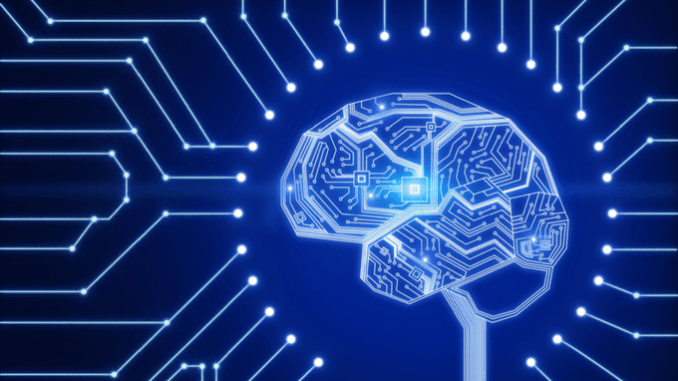
The meteoric rise of generative AI is transforming the way we do SEO. Here’s a look at the implications for the search marketing industry.
Google first turned to artificial intelligence and machine learning to power its search engine algorithm back in 2016.
With ChatGPT‘s launch in late 2022, however, artificial intelligence truly became mainstream and significantly impacted the SEO industry.
While some believe these changes have been for the better, others have argued that they have made things worse.
As we look into the crystal ball, it’s becoming increasingly clear that AI will continue to be one of the most critical factors in the future of search engine optimization and digital marketing.
Here are some ways AI is changing SEO, along with its positive and negative impacts.
Content creation
AI content creation is a big advantage for businesses looking to gain efficiency and improve their SEO.
Google Search’s guidance on AI-generated content has changed in recent months to allow for AI content creation, provided it meets the same quality guidelines established for human writers.
However, Google amended this statement a month later by stating AI should not be used for:
- Harmful or illegal activities.
- Abuse or service disruption.
- Misinformation.
- Spam.
- Automated decisions in “Your Money or Your Life” (YMYL) areas.
- Sexually explicit content.
Google’s ranking system is designed to reward high-quality content. While using automation to generate content to manipulate search rankings violates terms, it is possible to use AI to help you create great content.
Google wants humans to write content, but there is no reason why AI cannot help improve your business’s content quality.
Recently, the use of AI to develop and create content is more popular and widespread than ever, and this is something you have to make the most of as much as possible.
However, there are also some potential downsides to the increased use of AI in SEO.
One concern is that it could decrease the quality of content, as marketers may focus more on creating content optimized for search engines rather than providing value to readers.
Other concerns center around the limitations associated with ChatGPT itself:
- The natural language processing tool has been trained on data up to 2021 – meaning anything published after that is not included in the output consideration.
- Not being connected to the internet is a second limitation that considerably limits the ability of ChatGPT to create helpful content.
Last but not least, it is vital to remember that AI-written content will have difficulty creating something new – as the output is based on the data it has been fed, and that data ended in 2021.
